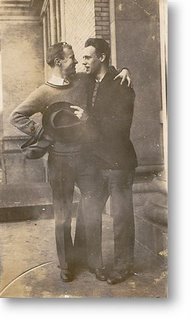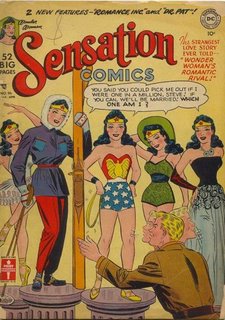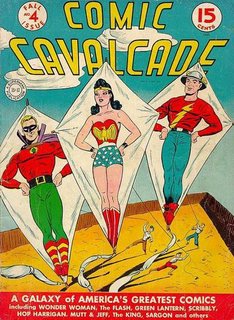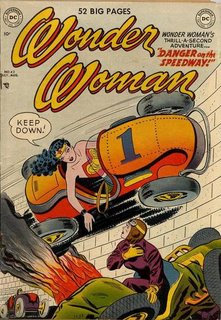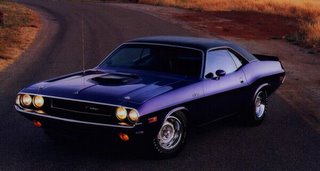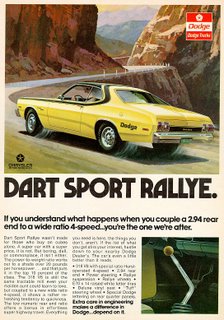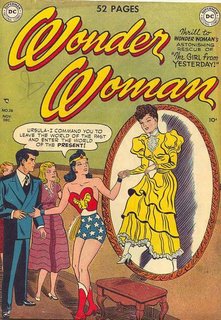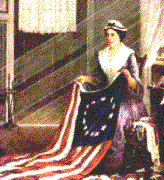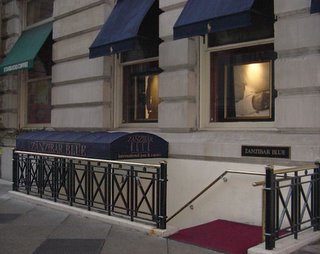
I like well-meaning people and appreciate people who intend to be nice to me. I really do. So I don’t want this post to come off the wrong way. My gravitas should not be confused with bitchiness.
Though I complain about Texas a great deal (and there is a great deal about Texas to complain about), most of the local people around here try to be good folk. This makes me happy.
Still, the shelteredness of small-town Texans leads even the best to be sometimes clueless when they encounter an out-gay man. Here are some helpful suggestions for Texans who don't know many gay men:
Don’t ask me to help you with choosing skincare products.
Don’t ask me if I know the hip place in town to get your haircut. More than just being a stereotype, it is actually a sore issue with me. There isn’t a hip place to get your haircut in this god forsaken town. I am relegated to going to HairBarn (I know, my gay membership is in jeopardy, but that is another entry).
No, I didn’t see last week’s episode of Will and Grace. No, I don’t think it shows progress toward social equality.
No, I didn’t see last week’s episode of American Idol. Yes, I do think the judges are homophobic.
No, it's not easier or safer to be in the closet than out.
Don’t recount every encounter you ever had with random gay people as an attempt to show that you are not homophobic. If you haven’t had gay friends before me, it’s not likely we are going to be instantly close.
My recent breakup is not just like a divorce. It is a divorce. We spent eight years married (I admit I can’t push this point too damn far given that the ex decided that he had no obligation to live up to his marriage commitments to me. Still, even if he forgot what he promised, we were married).
Jokes about me being the “gay divorcee” are neither original nor funny.
Remember I have more interests than being gay or gay sex. Granted, not many more, but I do have some.
Don’t ask me why gay men buy so much lube. We just need it, okay.
Fighting for social equality isn’t one of many different political concerns to me. Voting to defend gay people is not the same as voting to add new parking spaces downtown. It is a concern rising from the deepest part of who I am and how I will be able to live and work in this city/ county/ state/ nation/ world.
Don’t ask if I had sex with women “just to make sure.” Have you tried sex with somebody of your own gender just to make sure?
Don’t ask me to tell you who is “secretly” gay in town. I know, but if they want to tell you, they will. Gossiping about them only makes it harder for gay folk to be out.
Don’t ask me to judge your dancing ability. I lack this talent myself, so why would I be able to help you?
Don’t tell me how hard it must be for me to live here as a gay man. I am a gay man and I live here. I already know how hard it is.
I am not interested in what your minister/priest/father-confessor said about gay people last Sunday.
Don’t compare the gay rights movement today to the African-American Civil Rights movement of the fifties and sixties. The gay rights movement also existed in the fifties and sixties. It’s not new. African Americans are still fighting for social justice today. It's not over. While we are on the subject, some gay men work/ed in the African-American Civil Rights movement. Some African Americans work/ed for the gay rights movement. They are different, but overlapping, things united in their quest for social justice.
These are just some thoughts so we can all get along in the Lone Star State. I feel better, don’t you?
Actually, maybe this post does seem too bitchy on reflection. Really, I do appreciate kind Texans. To be honest, anytime Texans don’t burn a cross in my yard, I am grateful.


